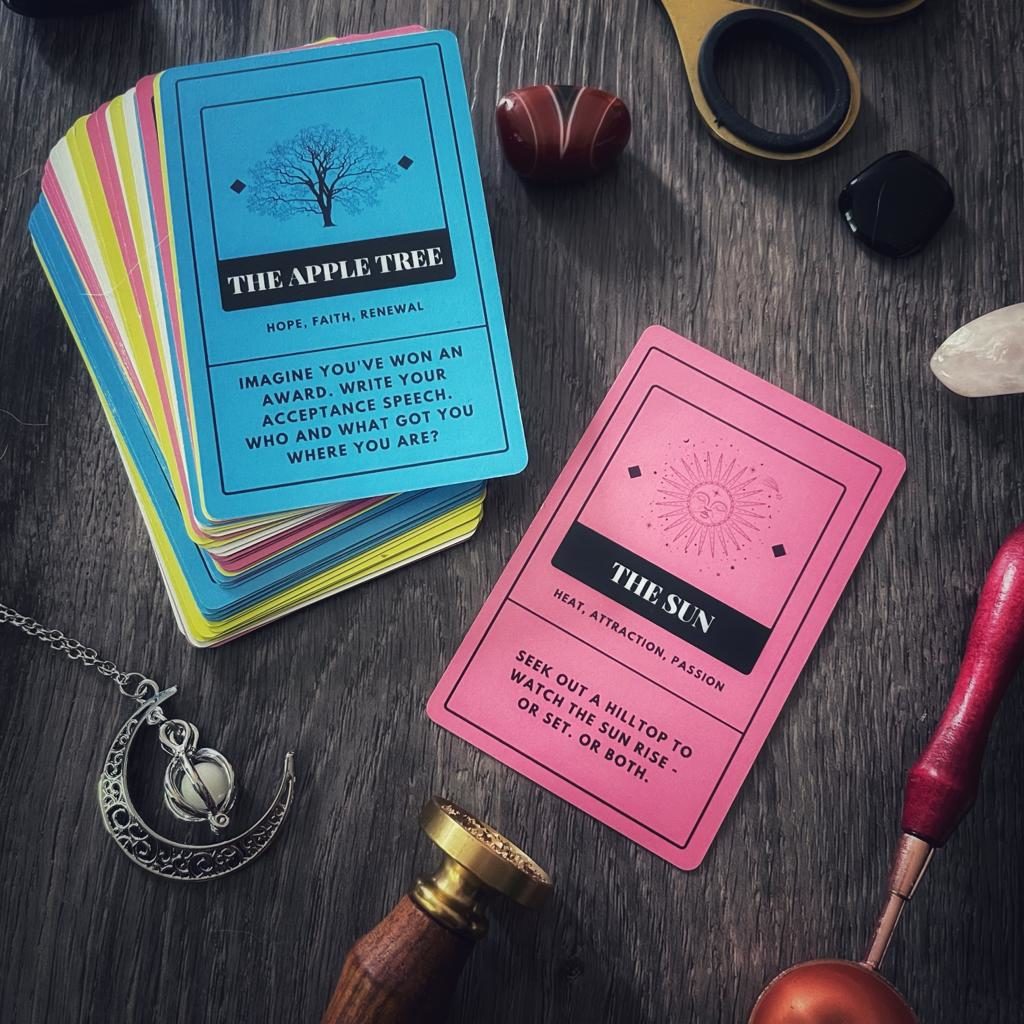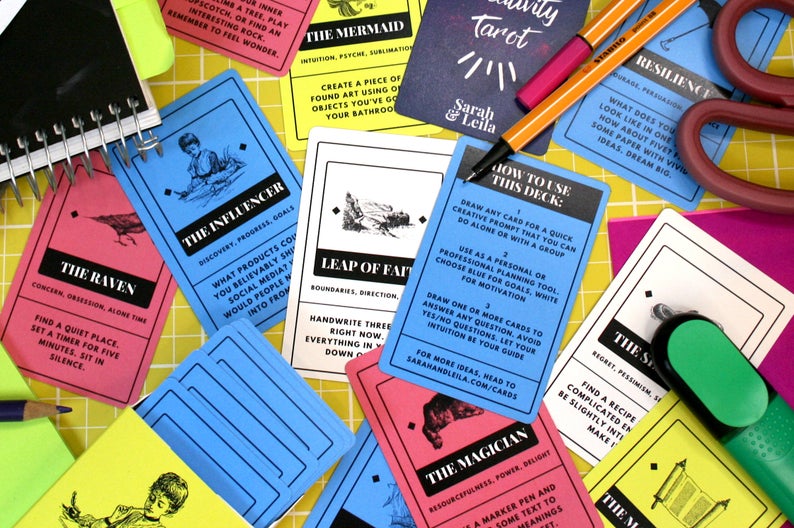There are good surprises and bad surprises.
Last year, we all experienced a surprise we didn’t want, that flaming dog turd through the letterbox of humanity that needs no introduction. But what followed was not much better: a series of stay-at-home and stay-away-from-one-another orders that worked effectively at removing that one unpredictable aspect from our lives, but took all the good surprises away, too. The baby was gone, along with the bathwater. Farewell, random encounters with strangers in the park! So long, friends dropping into our home (or even inbox) with interesting updates! I’ll never forget you, spontaneous trips to big cities for a bit of window shopping. Where did all the ideas triggers go? Serendipitous chats at events? So useful, and so pre-pandemic. These days, if you want to be surprised, you’ll have to schedule it into a Zoom call.
For quite some time now, every day has started to feel a lot like the one before, and our relationship with time has taken a hit. Without punctuation and variety, we’ve lost our usual ways of measuring passing time, and without a secure ground to form plans on, we don’t know how to think about the future.
But there is still a future, and maybe all this has made us a bit more aware of what was always true – we don’t have a good steer on it. We’re a little more vulnerable, maybe a bit more medieval (in a good way). With magic on the march, ‘futurism’ is surely over. The shiny WIRED cover stars already feel dated; Elon and Jeff are straightforward jokes now, just silly ‘Space Trumps’. The idea we can, on our own, control anything significant is eye-wateringly hilarious. We now have proof that humanity’s fate is not in the hands of those who shout loudest and it’s kind of a relief to let go of some of our individualistic madness. We can be open to openings.
We’re different because everything’s changed, as you might have heard. While Sarah and I think a lot about what exactly has changed, we’ve been thinking about how to manage things that are suddenly not changing, too. We’ve discovered that it’s possible to grasp unpredictability – if not with energy, then with sanguine fascination. And when things aren’t changing in ways we expect them to, we can draw on our creativity to effect some sort of agency. Throughout January, we created a newsletter delivering cheering ideas and creative prompts every day, called January Lights. People seemed to enjoy this and we wanted to keep the spirit of it going in some way after January was over, so we started talking about producing a card deck of similar prompts.
Well, one thing led to another, and we are now selling our Creativity Tarot – a deck of creative suggestions that also works as a traditional tarot, a magic 8 ball type answering device, and an endless source of inspiration.
The Creativity Tarot is a pack of cards inspired by Jungian archetypes, branding archetypes, modern life – and of course traditional tarot decks. We hit on the idea after noticing that a lot of people (including us) have been feeling pretty stuck during the long, uncertain pandemic period. It’s harder to make decisions, harder to motivate ourselves and harder to trust our instincts when everything we thought we knew has been turned upside down.
But our instincts and intuition are still an excellent, and under-valued, starting point for decision-making. However you choose to use them, these cards supply intriguing answers to open-ended questions.
And if that sounds a bit too ‘woo’ for you, each card has a specific, enjoyable, quick challenge written on it. So if deep readings aren’t for you, just draw a card from the deck and commit to the task. Our easy, uplifting challenges are designed to help you connect with that inner child and get up to some mischief. We promise that after building a blanket fort, making a funny meal or writing a furious argument against the existence of a popular season, you’ll feel a whole lot better than you did before.



